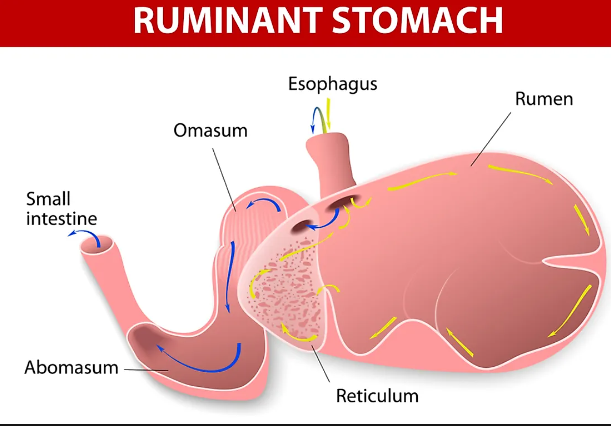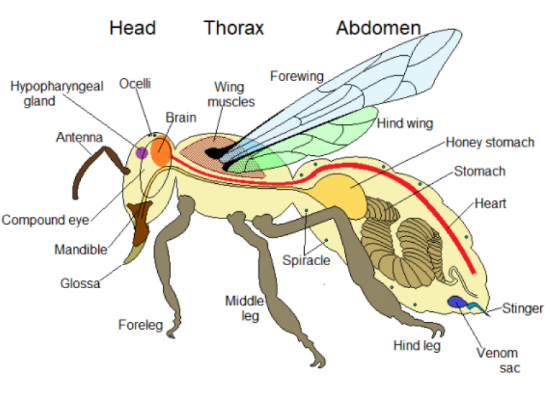The Fascinating World of Animal Digestion: Exploring the Myth of 800 Stomachs
The animal kingdom is filled with incredible diversity, including a wide range of digestive systems adapted to different dietary needs.
One intriguing misconception that has circulated is the belief that there exists an animal with 800 stomachs.
In this article, we will delve into the world of animal digestion, debunk the myth of 800 stomachs, and explore some remarkable digestive adaptations found in the animal kingdom.

Ruminat Stomach
1. Understanding Animal Digestion:
Animals have evolved various digestive systems to break down food and extract nutrients necessary for survival.
The digestive process typically involves the intake of food, mechanical and chemical breakdown, absorption of nutrients, and elimination of waste.
2. Multiple Stomachs in Ruminants:
While no animal possesses 800 stomachs, there are creatures with specialized digestive systems that may have multiple stomach compartments.
Ruminants, such as cows, sheep, and goats, are known for their complex digestive system, which includes four compartments: rumen, reticulum, omasum, and abomasum.
3. The Rumen and Ruminant Digestion:
The rumen is the largest compartment in a ruminant's digestive system and serves as a fermentation chamber.
Ruminants have a symbiotic relationship with microorganisms that reside in their rumen, aiding in the digestion of plant materials.
4. Other Animals with Unique Digestive Adaptations:
While not possessing hundreds of stomachs, certain animals have fascinating digestive adaptations.
The hoatzin, a bird native to South America, has a unique digestive system that includes an enlarged crop for fermentation.
5. Myth of 800 Stomachs:
The claim that an animal has 800 stomachs is a myth and not based on scientific evidence.
It is possible that this misconception may have originated from a misunderstanding or exaggeration of the complex digestive systems found in ruminants.
6. Importance of Efficient Digestion:
Animals have evolved diverse digestive strategies to optimize nutrient absorption and energy utilization from their diets.
Efficient digestion is vital for an animal's survival and plays a crucial role in maintaining overall health and energy balance.

All units of bee
While the idea of an animal with 800 stomachs may be intriguing, it is purely a myth.
Animals exhibit remarkable diversity in their digestive adaptations, but no creature possesses such an excessive number of stomachs.
Understanding the digestive systems of various animals allows us to appreciate the intricate mechanisms that enable them to extract nutrients from their diets.
By debunking misconceptions and embracing scientific knowledge, we can deepen our understanding of the natural world and the incredible adaptations that enable animals to thrive.